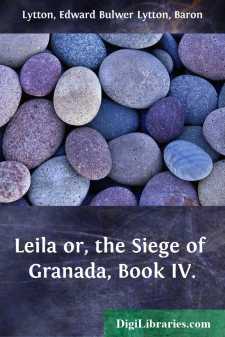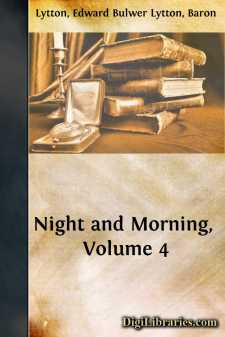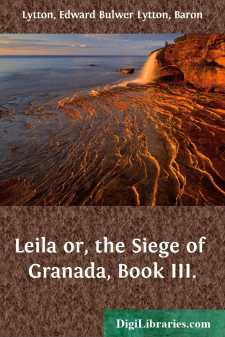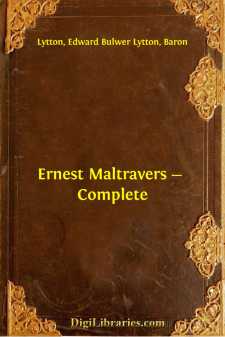Categories
- Antiques & Collectibles 13
- Architecture 36
- Art 48
- Bibles 22
- Biography & Autobiography 813
- Body, Mind & Spirit 142
- Business & Economics 28
- Children's Books 17
- Children's Fiction 14
- Computers 4
- Cooking 94
- Crafts & Hobbies 4
- Drama 346
- Education 46
- Family & Relationships 57
- Fiction 11829
- Games 19
- Gardening 17
- Health & Fitness 34
- History 1377
- House & Home 1
- Humor 147
- Juvenile Fiction 1873
- Juvenile Nonfiction 202
- Language Arts & Disciplines 88
- Law 16
- Literary Collections 686
- Literary Criticism 179
- Mathematics 13
- Medical 41
- Music 40
- Nature 179
- Non-Classifiable 1768
- Performing Arts 7
- Periodicals 1453
- Philosophy 64
- Photography 2
- Poetry 896
- Political Science 203
- Psychology 42
- Reference 154
- Religion 513
- Science 126
- Self-Help 84
- Social Science 81
- Sports & Recreation 34
- Study Aids 3
- Technology & Engineering 59
- Transportation 23
- Travel 463
- True Crime 29
Leila or, the Siege of Granada, Book IV.
Categories:
Description:
Excerpt
CHAPTER. I.
LEILA IN THE CASTLE—THE SIEGE.
The calmer contemplations and more holy anxieties of Leila were, at length, broken in upon by intelligence, the fearful interest of which absorbed the whole mind and care of every inhabitant of the castle. Boabdil el Chico had taken the field, at the head of a numerous army. Rapidly scouring the country, he had descended, one after one, upon the principal fortresses, which Ferdinand had left, strongly garrisoned, in the immediate neighbourhood. His success was as immediate as it was signal; the terror of his arms began, once more to spread far and wide; every day swelled his ranks with new recruits; and from the snow-clad summits of the Sierra Nevada poured down, in wild hordes, the fierce mountain race, who, accustomed to eternal winter, made a strange contrast, in their rugged appearance and shaggy clothing, to the glittering and civilised soldiery of Granada.
Moorish towns, which had submitted to Ferdinand, broke from their allegiance, and sent their ardent youth and experienced veterans to the standard of the Keys and Crescent. To add to the sudden panic of the Spaniards, it went forth that a formidable magician, who seemed inspired rather with the fury of a demon than the valour of a man, had made an abrupt appearance in the ranks of the Moslems. Wherever the Moors shrank back from wall or tower, down which poured the boiling pitch, or rolled the deadly artillery of the besieged, this sorcerer—rushing into the midst of the flagging force, and waving, with wild gestures, a white banner, supposed by both Moor and Christian to be the work of magic and preternatural spells—dared every danger, and escaped every weapon: with voice, with prayer, with example, he fired the Moors to an enthusiasm that revived the first days of Mohammedan conquest; and tower after tower, along the mighty range of the mountain chain of fortresses, was polluted by the wave and glitter of the ever-victorious banner. The veteran, Mendo de Quexada, who, with a garrison of two hundred and fifty men, held the castle of Almamen, was, however, undaunted by the unprecedented successes of Boabdil. Aware of the approaching storm, he spent the days of peace yet accorded to him in making every preparation for the siege that he foresaw; messengers were despatched to Ferdinand; new out-works were added to the castle; ample store of provisions laid in; and no precaution omitted that could still preserve to the Spaniards a fortress that, from its vicinity to Granada, its command of the Vega and the valleys of the Alpuxarras, was the bitterest thorn in the side of the Moorish power.
It was early, one morning, that Leila stood by the lattice of her lofty chamber gazing, with many and mingled emotions, on the distant domes of Granada, as they slept in the silent sunshine. Her heart, for the moment, was busy with the thoughts of home, and the chances and peril of the time were forgotten.
The sound of martial music, afar off, broke upon her reveries; she started, and listened breathlessly; it became more distinct and clear....












